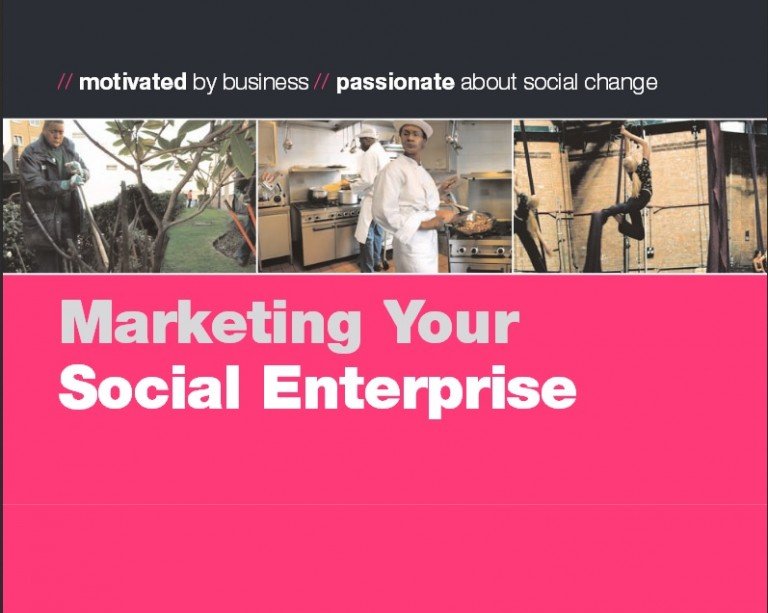Guide to Social Change Buzzwords
Social Change Central has produced a small guide with the different words, that are used in the the social arena. Words like “Social Impact”, “Intrapreneurship”, “Benefit Corporation”, “Shared Value” etc.. It is important to understand what these terms mean and when to use them – or when not to use them.
The guide helps you get to grips with all the jargon and concepts that surround social change. Whether you add them to your lexicon or boycott them is up to you, just make sure you know what they mean.
See Social Change Centrals small guide here









